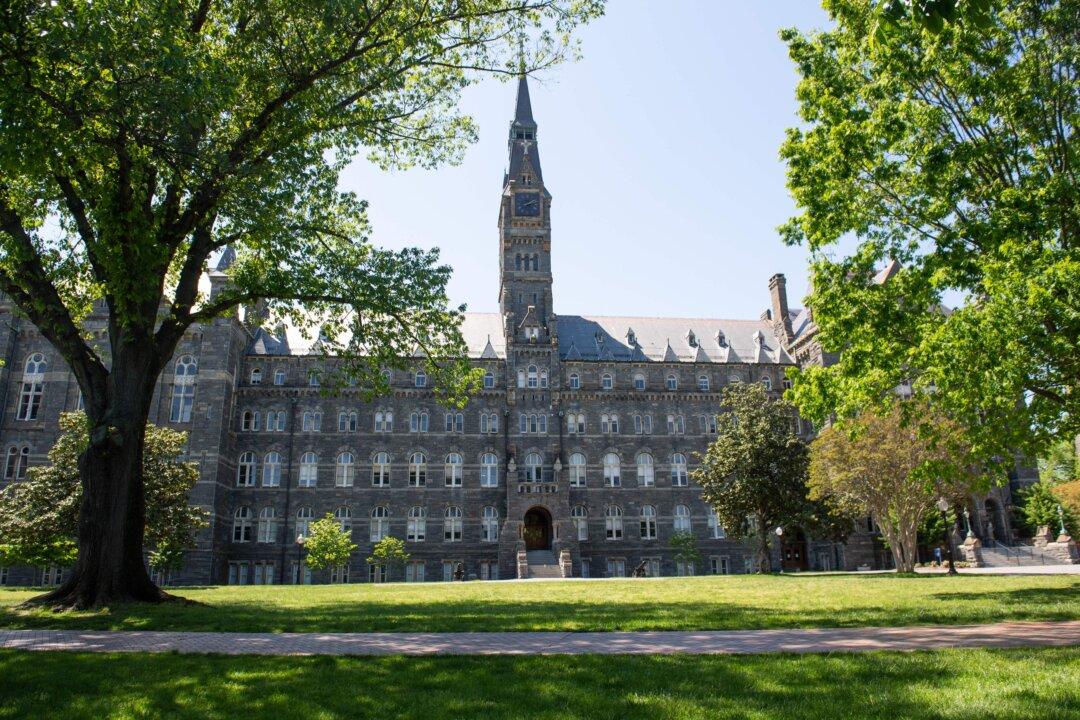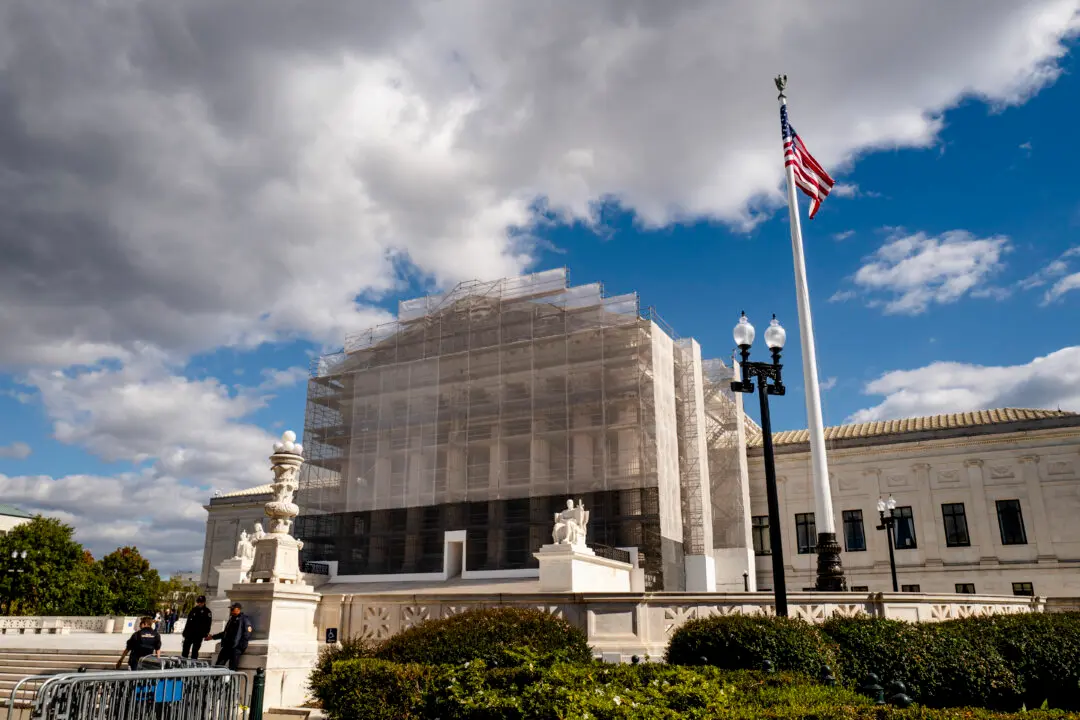Commentary
“Look at this chorus of entitled white men justifying a serial rapist’s [Justice Brett Kavanagh’s] arrogated entitlement. All of them deserve miserable deaths while feminists laugh as they take their last gasp. Bonus: we castrate their corpses and feed them to swine? Yes.”





